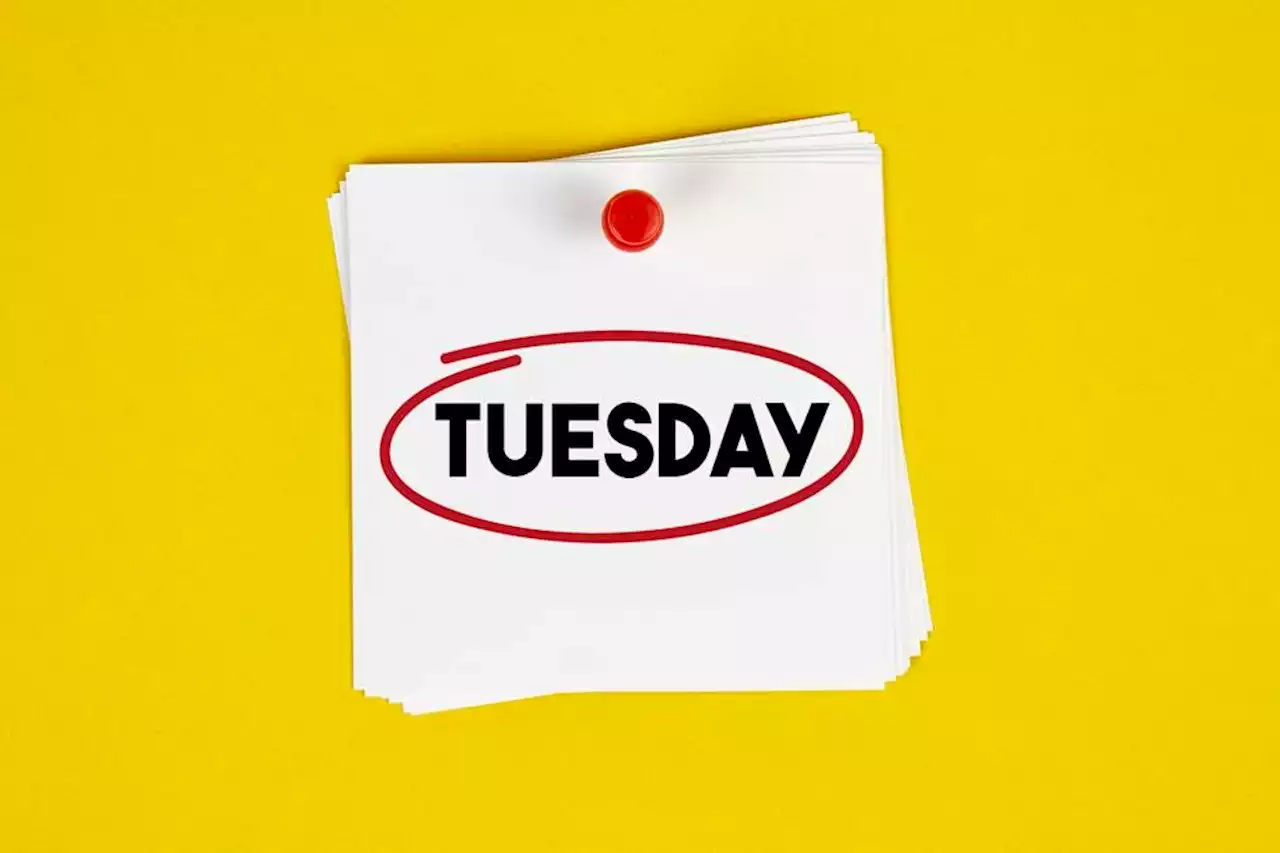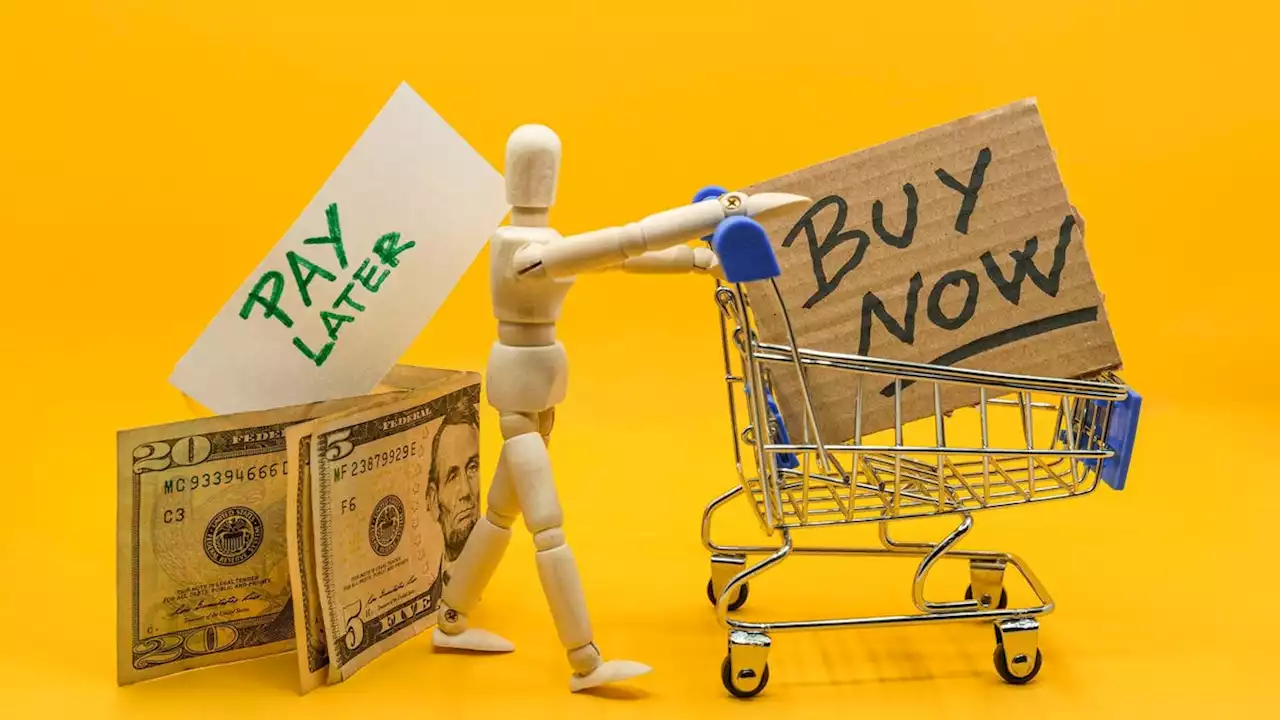Rather than slowing growth in the BNPL sector, regulatory scrutiny will help it grow up by shutting out smaller lenders, boosting the industry’s reputation and integrating it into the credit reporting system.
that it was opening an inquiry into BNPL understandably created a stir. After all, most major forms of consumer lending in the U.S. are regulated by one or more federal and/or state laws. Traditional bank loans are regulated by the federal Truth In Lending Act , dating back to 1968. The CARD Act, passed by Congress in 2009, places additional limits on credit card providers’ advertising and lending practices.
Most BNPL plans aren’t regulated by TILA because they bill users in four installments, falling just below the five-installment threshold where TILA kicks in. However, a patchwork of state laws require BNPL firms to secure lending licenses in the majority of U.S. states, which impose strict requirements in terms of disclosure and limiting fees and interest payments.
“I’ll be surprised if [the CFPB] comes out with a very specific BNPL regulation,” says Kim Holzel, a veteran of the CFPB who is now a partner with law firm Goodwin Procter, advising banks and fintechs. “They have rules to regulate this now if they want to. They’ve stretched [UDAAP] pretty far, so I don’t even think they need to reach rulemaking in order to regulate this space at all.
A positive consequence of heightened regulatory scrutiny could be a reputational boost for the industry’s largest players at the expense of their smaller competitors. Industry leaders like Klarna and Afterpay make well over 90% of their revenues by partnering with online merchants. These firms don’t charge customers interest for their basic “pay in four’ plans, although they do charge fees for some of their longer-term financing plans.
However, upstart competitors who are unable to secure lucrative merchant partnership deals are left with collecting fees as their primary source of income. For example, Chillpay, founded in 2019, charges a standard
United States Latest News, United States Headlines
Similar News:You can also read news stories similar to this one that we have collected from other news sources.
 New research shows why depression treatments affect women differently than menScientists found one reason why women and men respond differently to depression treatments. Researchers at the University of California, Davis say the answer may be in the brain.
New research shows why depression treatments affect women differently than menScientists found one reason why women and men respond differently to depression treatments. Researchers at the University of California, Davis say the answer may be in the brain.
Read more »
 Why does it take 6 years to open a Whole Foods in San Francisco?Organized labor groups are using environmental laws to oppose a new Whole Foods. “You have here a situation where CEQA is being weaponized to try to deal with a dispute and concerns that are really unrelated to environmental impacts.”
Why does it take 6 years to open a Whole Foods in San Francisco?Organized labor groups are using environmental laws to oppose a new Whole Foods. “You have here a situation where CEQA is being weaponized to try to deal with a dispute and concerns that are really unrelated to environmental impacts.”
Read more »
 Human Brains, & Why Some People Refuse to Accept Electric CarsWhy do some people refuse to accept electric cars? Maybe it’s the way human brains are wired
Human Brains, & Why Some People Refuse to Accept Electric CarsWhy do some people refuse to accept electric cars? Maybe it’s the way human brains are wired
Read more »
 Why Tide Pods look like candyTide Pods were a breakthrough success. But P&G created a product so visually appealing and irresistible that it inadvertently turned into a public health risk.
Why Tide Pods look like candyTide Pods were a breakthrough success. But P&G created a product so visually appealing and irresistible that it inadvertently turned into a public health risk.
Read more »
 Why Your Retirement Plans May Fail On Any Given TuesdayGoal-setting in retirement planning is critical but we tend to focus on major desired events, not everyday life that is likely to last decades. Can you imagine what you will be doing on any given Tuesday? It is a stress test of effective planning & indicative of your quality of life in retirement.
Why Your Retirement Plans May Fail On Any Given TuesdayGoal-setting in retirement planning is critical but we tend to focus on major desired events, not everyday life that is likely to last decades. Can you imagine what you will be doing on any given Tuesday? It is a stress test of effective planning & indicative of your quality of life in retirement.
Read more »
 Why it matters that Trump wanted to make Sidney Powell special counselIn November 2020, Sidney Powell peddled bizarre election conspiracy theories. In December 2020, Donald Trump wanted her to serve as special counsel.
Why it matters that Trump wanted to make Sidney Powell special counselIn November 2020, Sidney Powell peddled bizarre election conspiracy theories. In December 2020, Donald Trump wanted her to serve as special counsel.
Read more »
